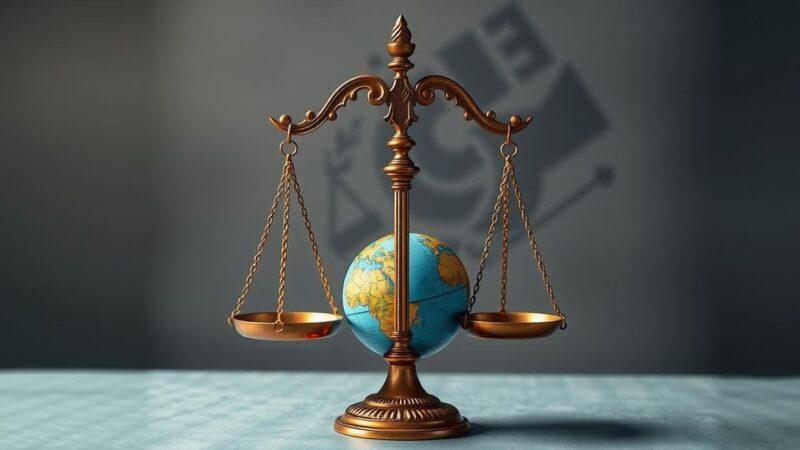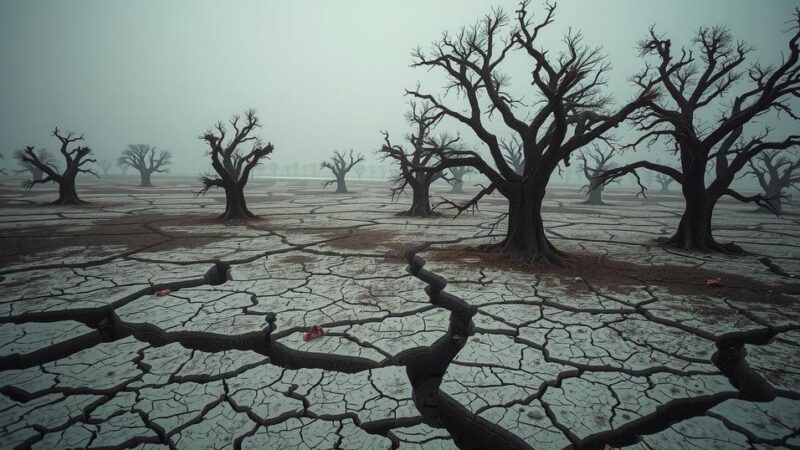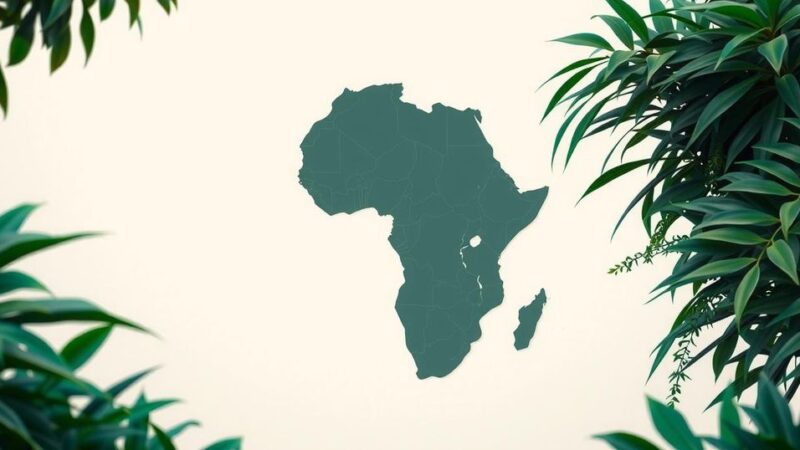Morgan Ortagus, the U.S. envoy, stated Hezbollah will not be part of the Lebanese government and praised Israel for its role in defeating the group during a conference in Lebanon. She emphasized support for the Lebanese people and political leaders, affirmed U.S. commitment to Lebanon’s security, and addressed ongoing Israeli troop withdrawal discussions. Political tensions persist regarding the formation of a new government amidst Israeli military actions in southern Lebanon.
During a conference at the Presidential Palace in Lebanon, Morgan Ortagus, the U.S. President Donald Trump’s Middle East envoy, asserted that Hezbollah will not be part of the Lebanese government, declaring that its “reign of terror” is over, while expressing gratitude to Israel for its efforts in combating the group.
Ortagus emphasized, “We are grateful to our ally Israel for defeating Hezbollah,” and commended the Lebanese populace, President Aoun, Prime Minister-designate Nawaf Salam, and others for their commitment to disarming Hezbollah and excluding it from the government.
Responding to inquiries regarding Hezbollah’s insistence on governmental representation, she stated, “I am certainly not afraid of Hezbollah,” highlighting the group’s military defeat and reiterating U.S. commitments to ensure the Lebanese people are not terrorized. She proclaimed that Hezbollah’s era of dominance is concluded, stating, “The end of Hezbollah’s reign of terror… has started… and it’s over.”
When asked about the Israeli troop withdrawal from southern Lebanon, Ortagus affirmed the commitment to the timeline of February 18 for redeployment, contingent upon the completion of Israeli troop movements and the Lebanese army’s entering behind them.
President Joseph Aoun, during his meeting with Ortagus, insisted on the cessation of Israeli ceasefire violations and troop withdrawal but did not comment on her statements regarding Hezbollah. Meanwhile, Prime Minister-designate Nawaf Salam continues to work on establishing a new Lebanese government amidst political tensions.
Reports indicate recent negotiations among Hezbollah, its ally Amal Movement, and Prime Minister-designate Salam faced setbacks over the selection of a fifth Shiite minister. Following discussions, Salam resisted appointing a minister affiliated with either party, complicating the government formation process.
Ortagus’s remarks coincided with continued Israeli airstrikes in southern Lebanon and ongoing destruction of infrastructure in border towns. Israel’s deadline for troop withdrawal has been extended until February 18, pending the Lebanese army’s full deployment and dismantling of Hezbollah’s hold in southern regions.
Israel argues that the Lebanese army has not met its commitments outlined in UN Resolution 1701, maintaining that Hezbollah remains present south of the Litani River. An Israeli military official stated that troop withdrawal will only occur once Lebanon fulfills its obligations under the agreement amidst over 1,300 violations by Israel since the accord was established.
The context of this article involves geopolitical dynamics in Lebanon, particularly the influence of U.S. foreign policy in relation to Hezbollah, a militia group involved in Lebanese politics. The article addresses the strategic interests of both the U.S. and Israel in neutralizing Hezbollah’s military capabilities while working towards a stable Lebanese government devoid of this group’s influence. Additionally, the ongoing tensions regarding Israeli troop presence in Lebanon and compliance with UN resolutions highlight regional complexities that challenge Lebanese sovereignty and stability.
In conclusion, Morgan Ortagus’s statements at the Lebanese Presidential Palace underscore U.S. support for Israel in its confrontation with Hezbollah while encouraging Lebanese leadership to exclude the group from government frameworks. The dynamics surrounding Hezbollah’s military presence, political representation, and regional security commitments remain critical factors that influence Lebanon’s governance and the broader Middle Eastern geopolitical landscape.
Original Source: thecradle.co






